

Kakshyalaya believes classrooms provide a safe and creative haven, where students acquire meaningful, age-appropriate and skill-based education to become responsible and pro-active citizens and life-long learners. Kakshyalaya strives to improve the quality of education in rural Nepal by serving communities, teachers and children.
When it comes to classroom education, we believe that teachers are the scaffolding that can bolster student learning. We train teachers so they can model and demonstrate the different aspects of learning with their students for they learn through observation and experience.
Kakshyalaya specializes in training workshops and activities that help students of community schools of rural Nepal engage in authentic and meaningful experiential curriculum and activities nested in their school communities. Each year the organization adds value to its training concepts by including varied discipline in order to make the workshops and activities interesting and engaging for teachers. Along with annually held Kitabikiro art and language workshops, we specialize in the following proven phases of workshops and activities.
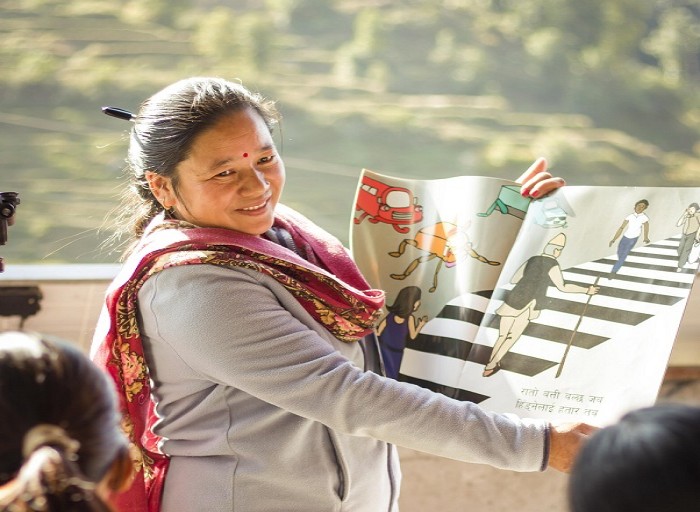
PHASE I
It’s an unfortunate fact that students in rural Nepal don’t have access to other books other than coursebooks. Kakshyalaya not only provides students with literature books in Nepali language and corner library, the organization also educates the teachers on the benefits of reading aloud to young students everyday through a series of workshops and activities. The following are some other highlights of the training.
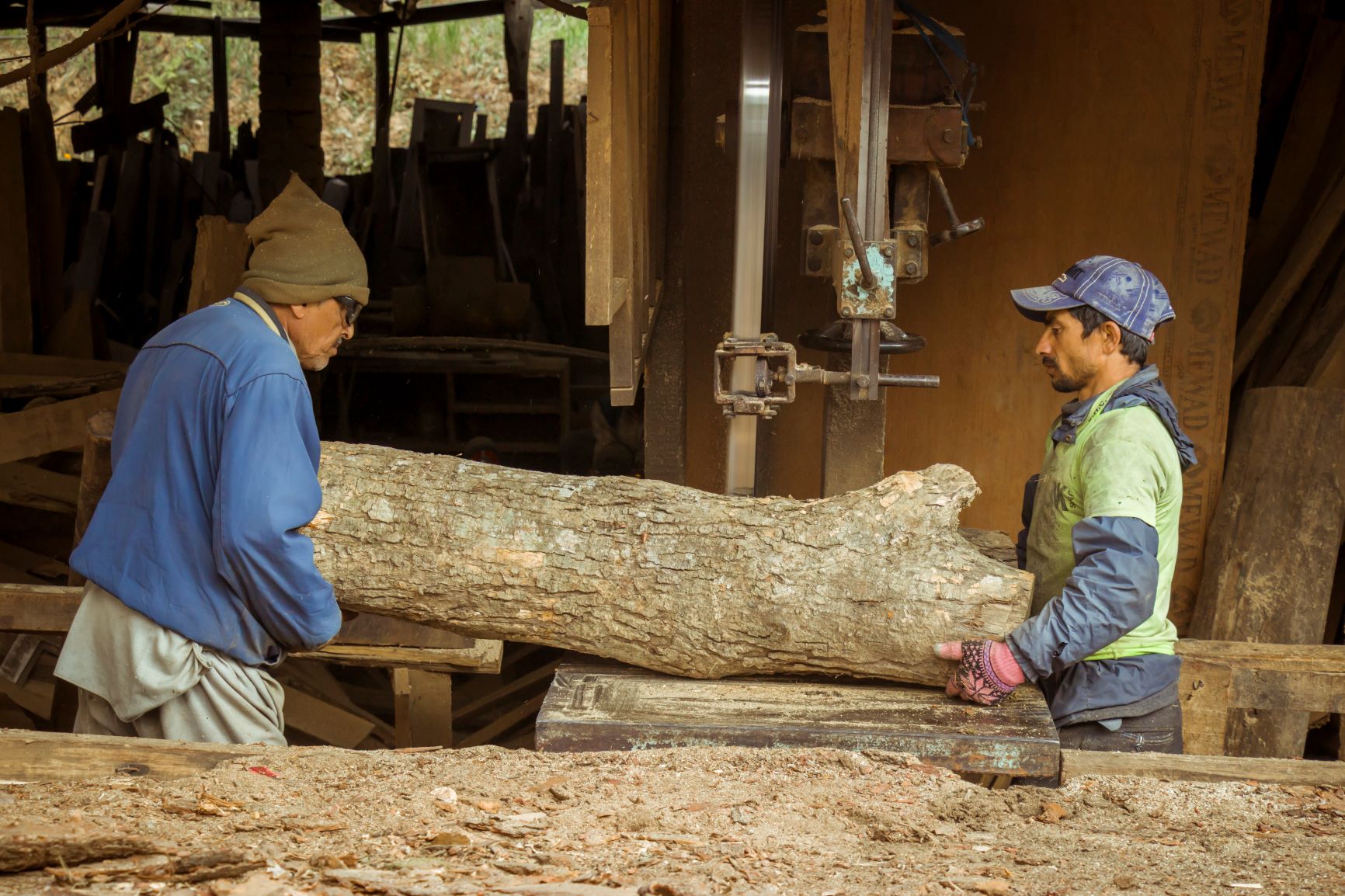
PHASE II
The Phase II training revolves around the theme of understanding that social studies is at the core of every interaction between people and environment and use the experience to create appropriate social studies-based learning module for their respective schools. Some of the activities of the training include,
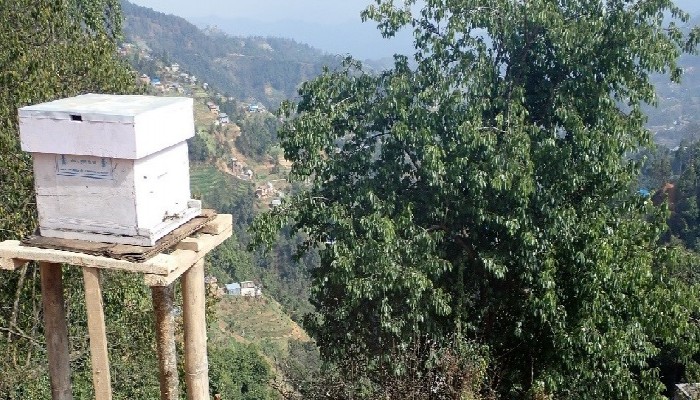
PHASE III
The organic connection between communities and the land has somewhat eroded as more and more land and forest are tempted by the commercial purpose and use harmful chemical fertilizers to produce fast and more. The objectives of the training – firstly, from the field trip was to understand all human consumption especially, food comes from nature and surroundings; and secondly, to try to create an agro-ecological system in school yard. Some of the highlights include,
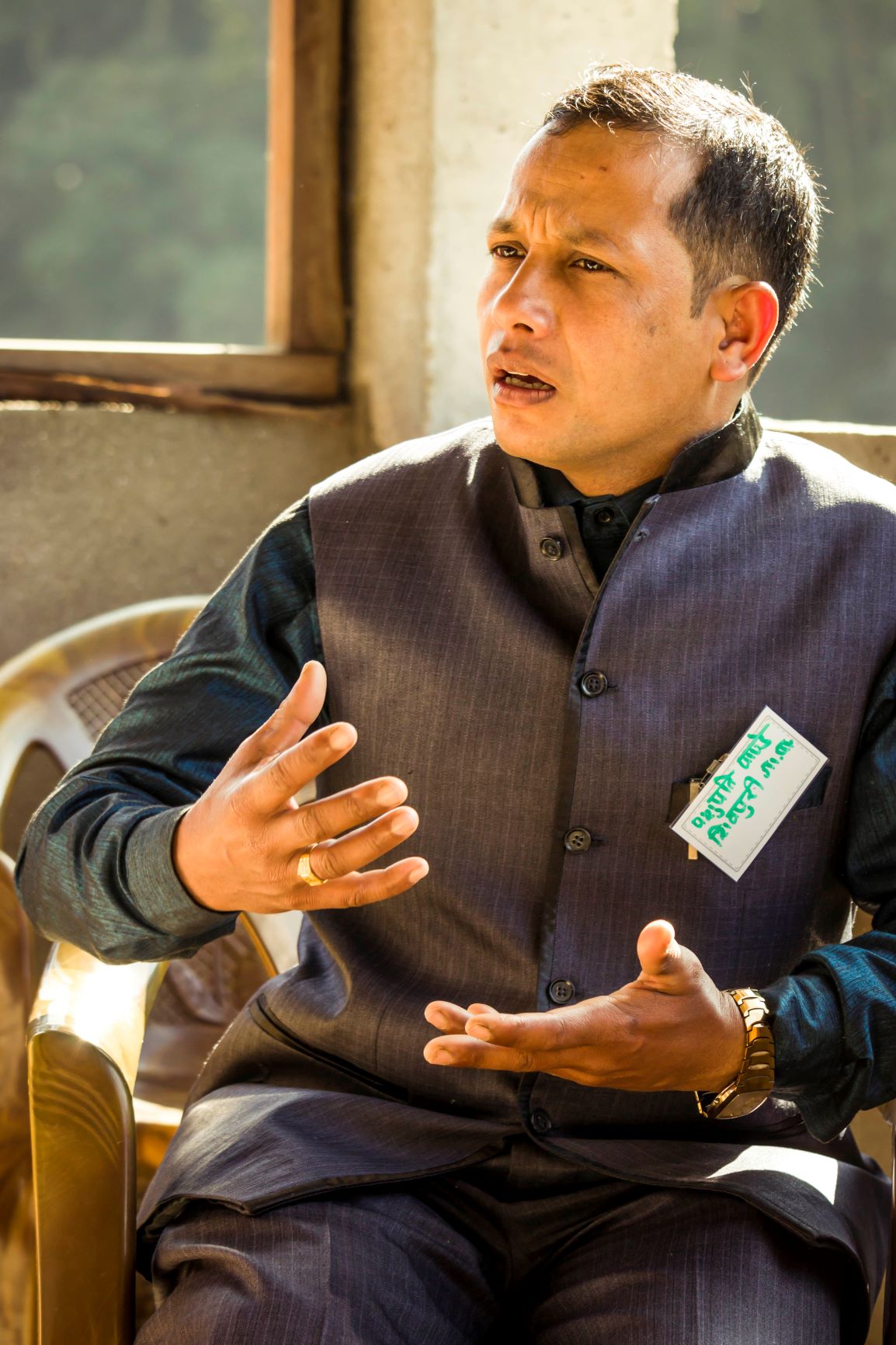
Pashupati Pandey
Resource Person at Shivapuri Rural-Municipality
With each read aloud and with each story, students are learning about new characters and feelings and are able to share their own feelings with friends.
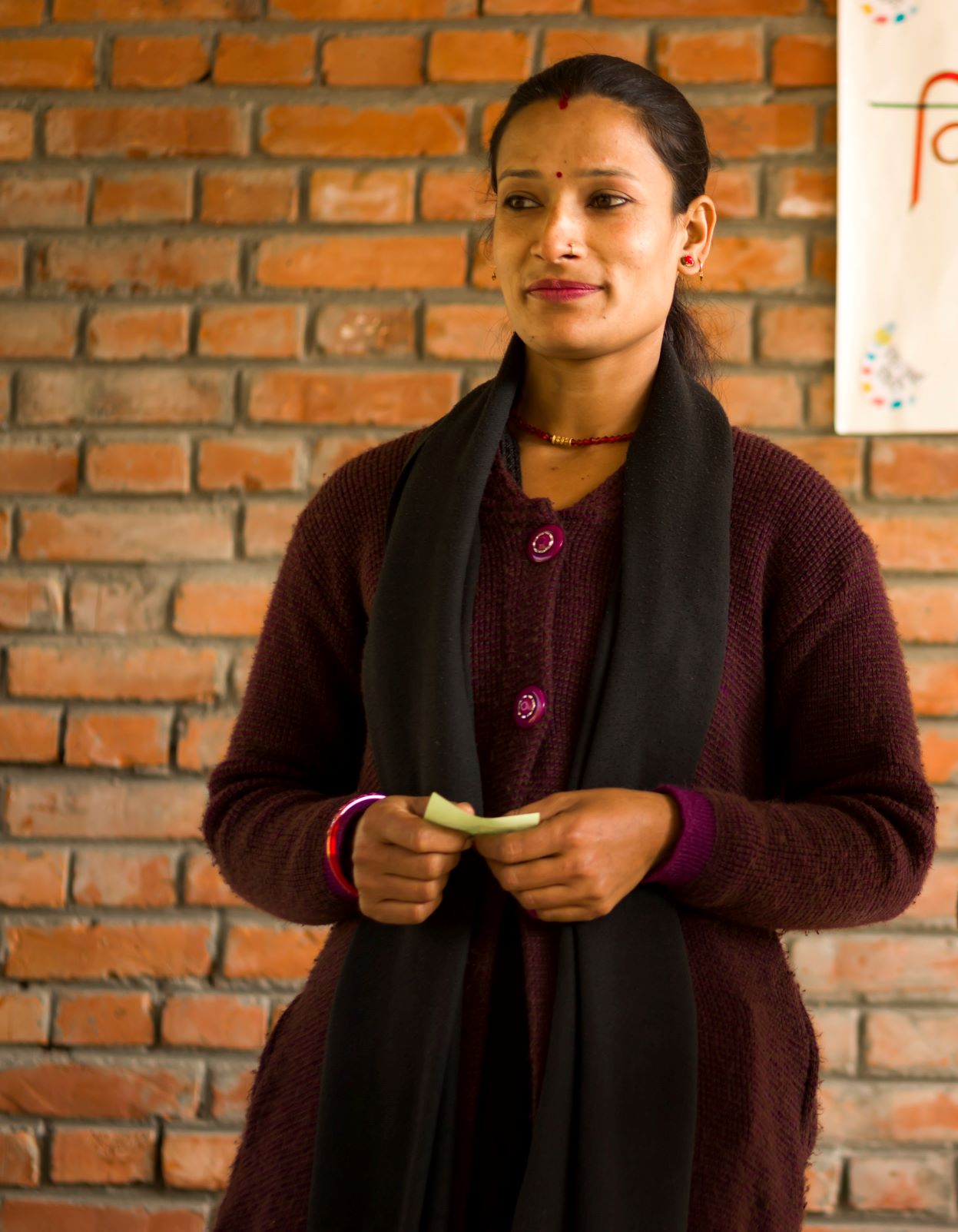
Sarita Sapkota
Teacher at Jana Jyoti Primary School, Panauti Municipality
Our school encourages regular illustration among students so they can turn shortcomings into strength.
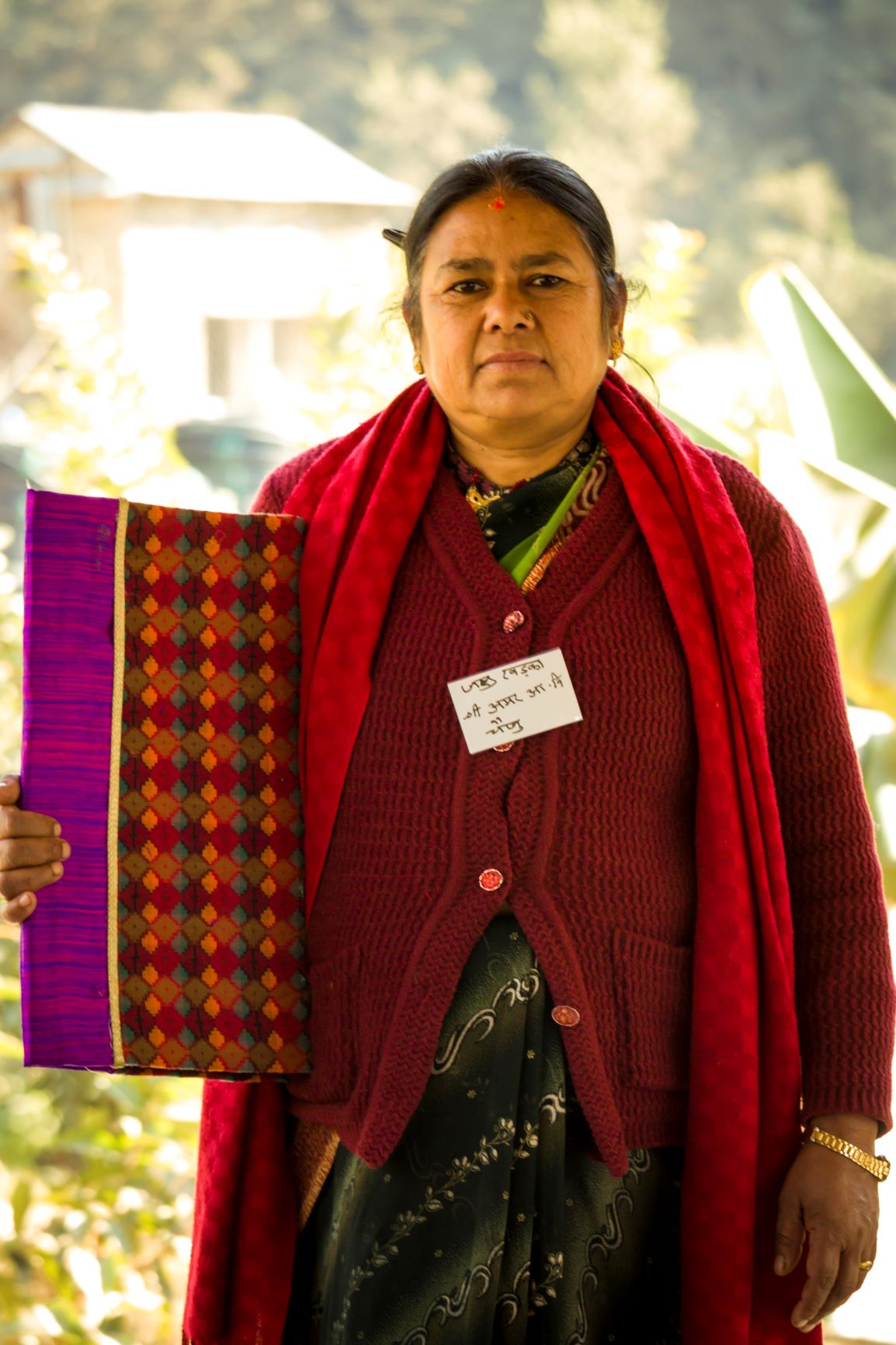
Jassu Khadka
Teacher at Amar Primary School, Shivapuri Rural-Municipality
The beehives in the school have introduced our children to one of the most amazing inspects on the planet and learning about the bees will help the children educate parents who are mostly farmers about using natural resources for farming so the bees are extracting nectar from natural sources.
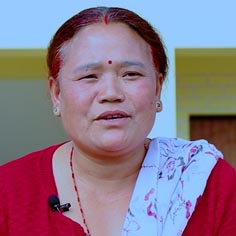
Rina Tamang
Teacher at Lali Gurans Primary School, Panauti Municipality